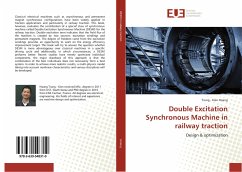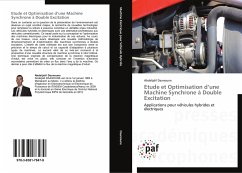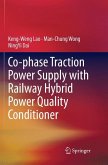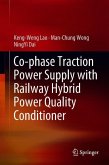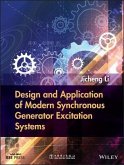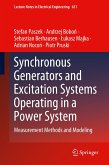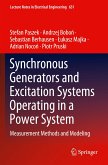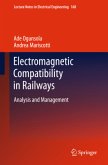Classical electrical machines such as asynchronous and permanent magnet synchronous configurations have been widely applied in traction applications and particularly in railway traction. This book, however, evaluates the contribution of a special class of synchronous machine called Double Excitation Synchronous Machine (DESM) for the railway traction. Double excitation term indicates that the field flux of the machine is created by two sources: excitation windings and permanent magnets. The degree of freedom came from the excitation windings provides an opportunity to work on the energy efficiency improvement target. This book will try to answer the question whether DESM is more advantageous over classical machines in a specific driving cycle and additionally, in which circumstances, a DESM performs better. Recent studies have merely optimized individual components, the major drawback of this approach is that the combination of the best individuals does not necessarily form a best system. In order to achieve more realistic results, a multi-physics model taking into account nonlinear characteristics and various disciplines will be developed.
Bitte wählen Sie Ihr Anliegen aus.
Rechnungen
Retourenschein anfordern
Bestellstatus
Storno

